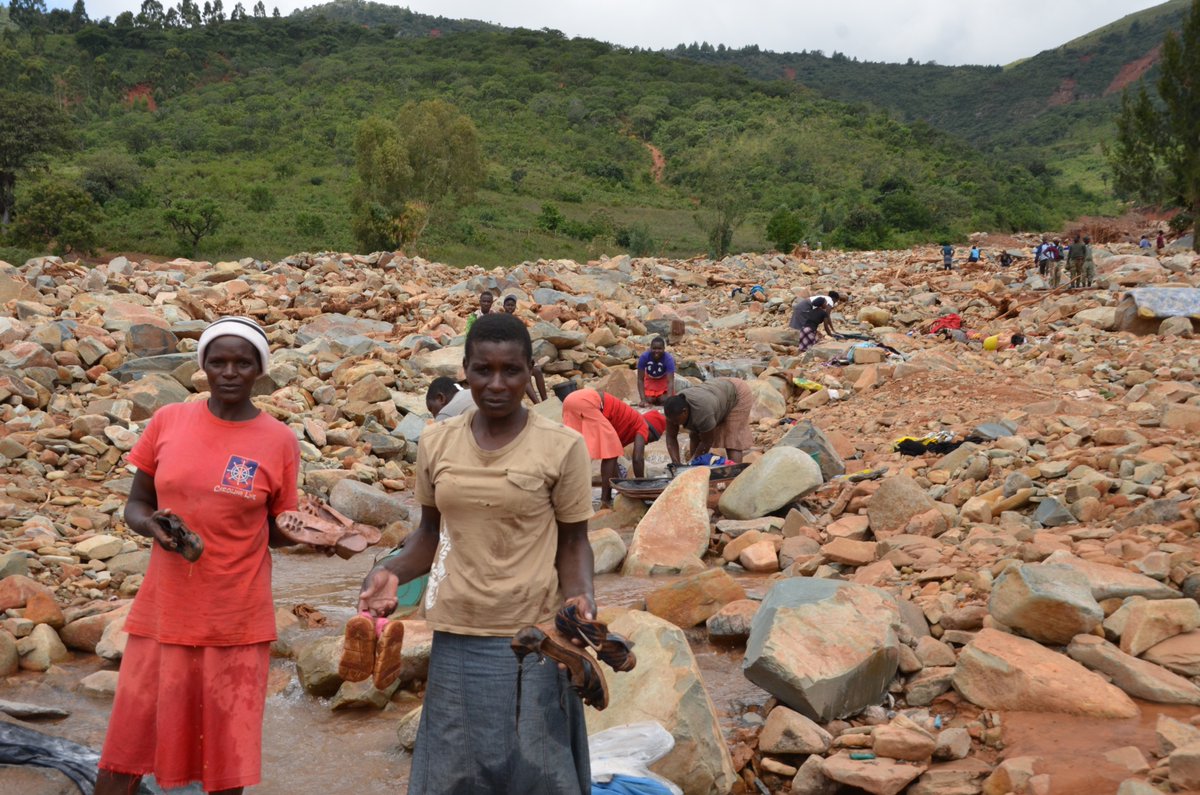The Zimbabwe Peace Project (ZPP) has bemoaned discrimination prevalent in the distribution of food assistance as the inputs and food aid are channelled through local and traditional structures.
ZPP said it has over the years documented numerous cases of destitute and marginalised citizens of Zimbabwe being unlawfully denied social welfare assistance, solely on the basis of their political party allegiance.
The Constitution of Zimbabwe Amendment (No. 20) in Section 77 (b) states that every person has the right to sufficient food; with the State having the responsibility of ensuring that reasonable legislative and other measures are taken to achieve the progressive realisation of this right. State efforts to ensure that marginalised, destitute citizens also enjoy this right, particularly during difficult or drought seasons include the Presidential and Vulnerable Input Scheme; and the Food Deficit Mitigation Strategy. These measures were put in place for the elderly, persons with disability and child-headed families to receive assistance in the form of either farming inputs, or food aid through the Ministry of Public Service, Labour and Social Welfare.
“Unfortunately these local structures are usually overseen by persons in the Zimbabwe Africana National Union Patriotic Front (Zanu PF) leadership or partisan traditional leaders, resulting in opposition party supporters or perceived opposition party supporters frequently being discriminated and deprived of their right to food.
“According to the ZimVAC 2019 report 51.4% of the population are food insecure; meaning that the greater part of the Zimbabwean population lack reliable access to a sufficient quantity of affordable, nutritious food. The food insecurity of the majority of the Zimbabwean population is exacerbated by the blatant partisan distribution of food aid to already vulnerable groups. Many of the victims documented during this period are persons with disability and the elderly, who are not able to go and work or produce food for themselves in the current harsh economic environment. During the course of 2019 (January to May) ZPP documented and reported violations of the right to food and other second generation rights such as the right to education, and healthcare. A total of 87 food and other aid related human rights violations were documented for this period,” ZPP said in a statement.
According to the ZPP, Mashonaland Central recorded the highest violations with 24 followed by Manicaland (14, Mashonaland East (13), Mashonaland West (12) and Masvingo with 11. The violations occur despite the fact that government has stated that food aid is for all Zimbabweans, not a selected few. On the other hand, former President Robert Mugabe declared that no one would starve , a sentiment the Ministry of Public Service, Labour and Social Welfare seemed to echo through Deputy Minister Lovemore Matuke.
ZPP said even during the catastrophic Cyclone Idai crisis, citizens were discriminated against receiving food and other aid from well-wishers and stakeholders, for supporting an opposition political party. Mount Darwin had the highest number of cases of food aid violations, followed by Buhera and Chimanimani, then Zaka. The cases in Mount Darwin involved three Zanu PF councillors (Ward 6 councillor Luckson Shava, Ward 14 councillor Emmanuel Chigango, and Ward 6 councillor Coaster Francesco), two village heads (Tavengwa Chaparira, Peter Nyakudya and Vine Chimudzeka), a village secretary (Maxwell Kativhu and Zanu PF District Chairperson Joseph Kashere as the perpetrators who denied opposition supporters food aid. The cases recorded in Chimanimani were of Cyclone Idai survivors who were not given food, clothing and utensils directed to them; the aid was instead appropriated by the Chimanimani West MP Nokuthula Matsikenyere, Ward 9 Councillor Lazarus Mauka and Ward 10 Councillor Eddie Njani and distributed amongst their members.
“Traditional leaders are urged to acquaint themselves with the Constitution and comply with the laws and human rights laid out in Chapter 15 of the Constitution. It is imperative for traditional leaders to remain apolitical and to treat those they serve equally and fairly. They are to promote and uphold the cultural values in their communities and not violate the fundamental rights and freedoms of any person. ZPP calls on local Councillors to carry out their civic duties in a nonpartisan manner as they were elected to represent a Ward made up of citizens with different political views; they were not elected to oversee the welfare of citizens aligned to their political party alone,” ZPP added.






